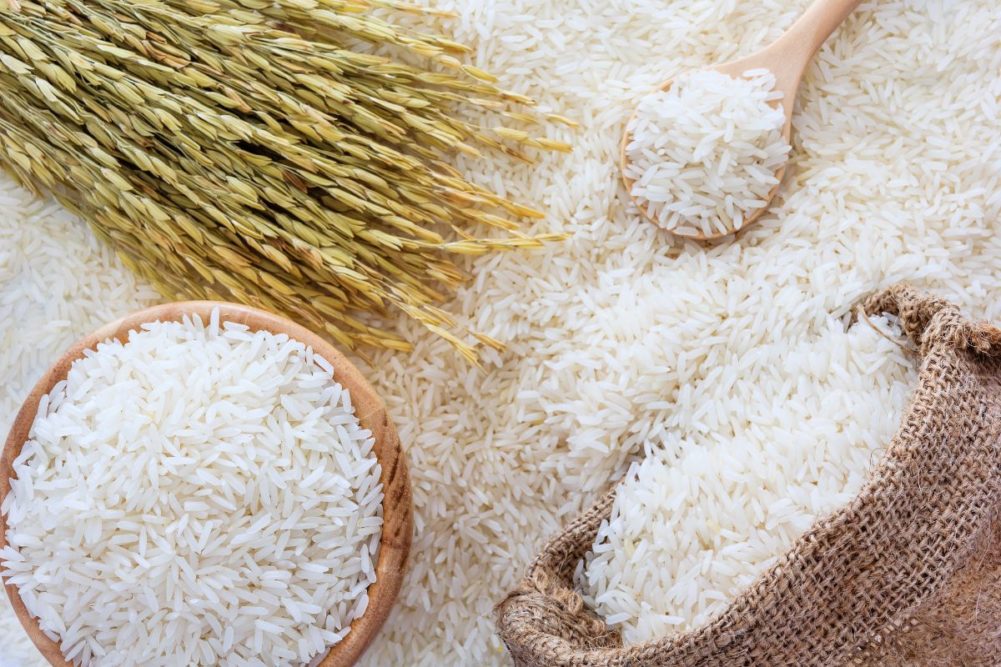SEOUL, SOUTH KOREA — The South Korean government is attempting to increase rice consumption among Koreans in their 20s as part of its 2024 budget plan, according to a report from the Foreign Agricultural Service (FAS) of the US Department of Agriculture.
To address the declining trend in domestic rice intake, the government is expanding its breakfast project subsidy to target nearly 4 million university students, part of a generation that tends to skip breakfast, the report said.
“The Korean government will continue supporting companies that develop new products using rice for flour (especially for noodles and snacks), targeting to increase the country’s grain self-sufficiency rate by reducing wheat imports,” the report said.
In 2023, Starbucks Korea signed a memorandum of understanding to “promote consumption of domestical agricultural products and mutual growth of the agriculture and foodservice industries,” and agreed to develop new products utilizing rice for flour by the first half of 2024.
Rice consumption, forecast to decline to 3.93 million tonnes this year by the FAS, would be the lowest total in 55 years.
The FAS report noted that from a production standpoint, the government last year implemented a rice acreage reduction policy that gives subsidies to farmers who substitute rice for other grains. In 2023, cultivated area of substitute crops reached 125,100 hectares, just 2,000 hectares shy of the government’s goal. The policy is being expanded in 2024, with a target of 156,000 hectares, the report said.
The projected 708,000 hectares dedicated to rice in the 2023-24 marketing year, if realized, would be the smallest harvested area in South Korea since the FAS started tracking that information in 1960.
South Korea’s rice production in 2023-24 is forecast by the FAS at 3.7 million tonnes, unchanged from the previous year.





